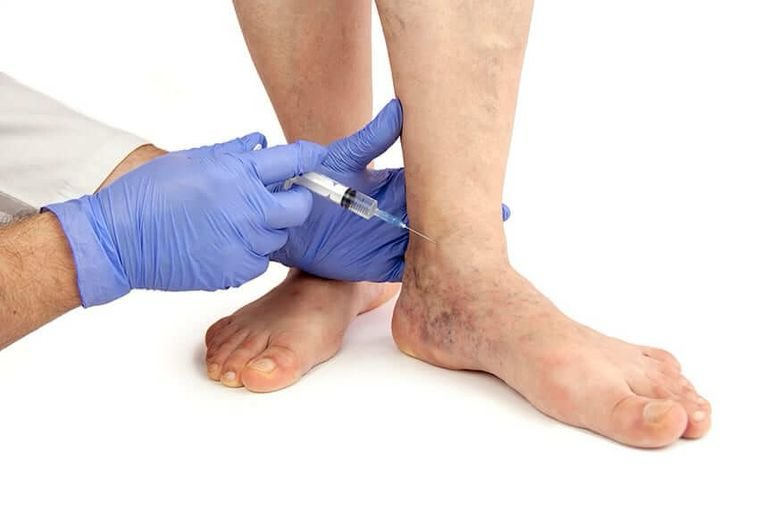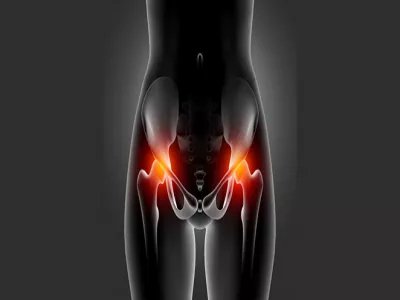Introduction: Understanding Varicocele and Its Impact on Male Fertility
Varicocele is a common condition affecting male fertility, yet many men remain unaware of its impact on their reproductive health. This condition involves the swelling of veins in the scrotum, similar to varicose veins in the legs, which can affect sperm production and function. Studies suggest that varicocele is present in about 15% of the general male population and up to 40% of men evaluated for infertility. Addressing varicocele early is critical for improving fertility outcomes.
In this article, we will explore what varicocele is, its causes, symptoms, how it affects male fertility, and the latest treatment options available to boost fertility naturally. If you or your partner are dealing with infertility, understanding and treating varicocele might be a crucial step towards parenthood.
What Is Varicocele?
Varicocele refers to the enlargement of the veins within the scrotum, known as the pampiniform plexus. These veins play an important role in cooling blood flowing to the testicles, which is vital for sperm production. When varicoceles develop, the blood flow is disrupted, leading to increased temperatures in the testicles. This change in temperature can adversely affect sperm quantity, quality, and motility, making conception more difficult.
Causes of Varicocele
The exact cause of varicocele is not entirely clear, but researchers believe it results from the malfunction of valves in the veins of the spermatic cord. These valves are responsible for ensuring blood flows properly to and from the testicles. When these valves fail, blood pools in the veins, causing them to enlarge. This leads to the characteristic swelling of varicocele, which can sometimes be visible or felt as a lump in the scrotum.
Several risk factors are associated with varicocele, including:
1. Genetics: A family history of varicose veins can increase the likelihood of developing varicocele.
2. Body Mass Index (BMI): Being overweight or having poor circulation may increase the risk.
3. Physical Strain: Activities involving heavy lifting or straining may contribute to the development of varicocele.
Symptoms of Varicocele
Varicoceles are often asymptomatic, meaning many men may not realize they have the condition. However, some symptoms include:
• A lump in the testicle
• Dull, aching pain in the scrotum
• Noticeable swelling in the scrotal area
• Decreased fertility
• Testicular atrophy (shrinkage of the testicles)
If left untreated, varicocele can worsen over time and may contribute to long-term fertility issues. Early detection and treatment are key to preventing complications.
How Does Varicocele Affect Male Fertility?
The primary concern for men with varicocele is its effect on fertility. Elevated temperatures in the testicles disrupt sperm production, leading to low sperm count, poor sperm morphology (shape), and reduced motility. All of these factors can contribute to infertility, making it harder for couples to conceive naturally.
In addition to sperm production issues, varicocele may also cause hormonal imbalances by affecting testosterone levels, further impairing reproductive function. Studies show that treating varicocele can significantly improve sperm parameters and, in many cases, restore fertility.
Treatment Options for Varicocele
Several treatment options are available for men diagnosed with varicocele, depending on the severity of the condition and its impact on fertility. Here are the most common and effective treatments:
1. Varicocele Embolization
Varicocele embolization is a minimally invasive procedure in which a catheter is inserted into a vein in the groin or neck. A tiny coil is placed in the affected veins to block the blood flow, which helps reduce swelling and pain. This procedure is generally safe, with a high success rate and short recovery time. Embolization is a popular option for men seeking less invasive treatment.
2. Microsurgical Varicocelectomy
This surgical procedure involves making a small incision in the groin or lower abdomen, through which the enlarged veins are tied off to prevent blood flow. Microsurgical varicocelectomy is considered the gold standard treatment for varicocele, as it offers the highest success rate in improving fertility and preventing recurrence. This surgery is usually performed on an outpatient basis, and most patients experience minimal discomfort post-surgery.
3. Lifestyle Changes
In mild cases, making lifestyle changes may help manage symptoms and improve fertility. These include:
• Wearing supportive underwear to alleviate discomfort
• Avoiding heavy lifting or straining
• Maintaining a healthy weight and diet
• Reducing exposure to heat (such as saunas and hot tubs)
While lifestyle changes alone may not cure varicocele, they can help manage symptoms and improve overall reproductive health.
Can Varicocele Be Prevented?
Unfortunately, there is no known way to prevent varicocele, as it is largely due to anatomical factors. However, early diagnosis and prompt treatment can prevent complications and improve fertility outcomes. Men experiencing scrotal pain, swelling, or difficulty conceiving should seek medical advice to rule out varicocele or other underlying conditions.
Conclusion: Improve Your Fertility by Addressing Varicocele
Varicocele is a common and treatable condition that can have a profound impact on male fertility. With proper medical intervention, many men can overcome fertility challenges and increase their chances of conception. Whether through embolization, microsurgery, or lifestyle changes, treating varicocele can restore normal blood flow to the testicles, enhance sperm quality, and improve hormonal balance.
If you suspect you may have varicocele or are experiencing fertility issues, consult a healthcare professional to discuss the best treatment options for you. With timely care and the right approach, varicocele doesn’t have to stand in the way of your fertility journey.
Scientific Sources:
1. National Institutes of Health (NIH): Varicocele and Male Fertility
2. Mayo Clinic: Varicocele – Symptoms and Causes
3. American Urological Association: Varicocele and Infertility Treatment
4. Cleveland Clinic: What Is a Varicocele?





